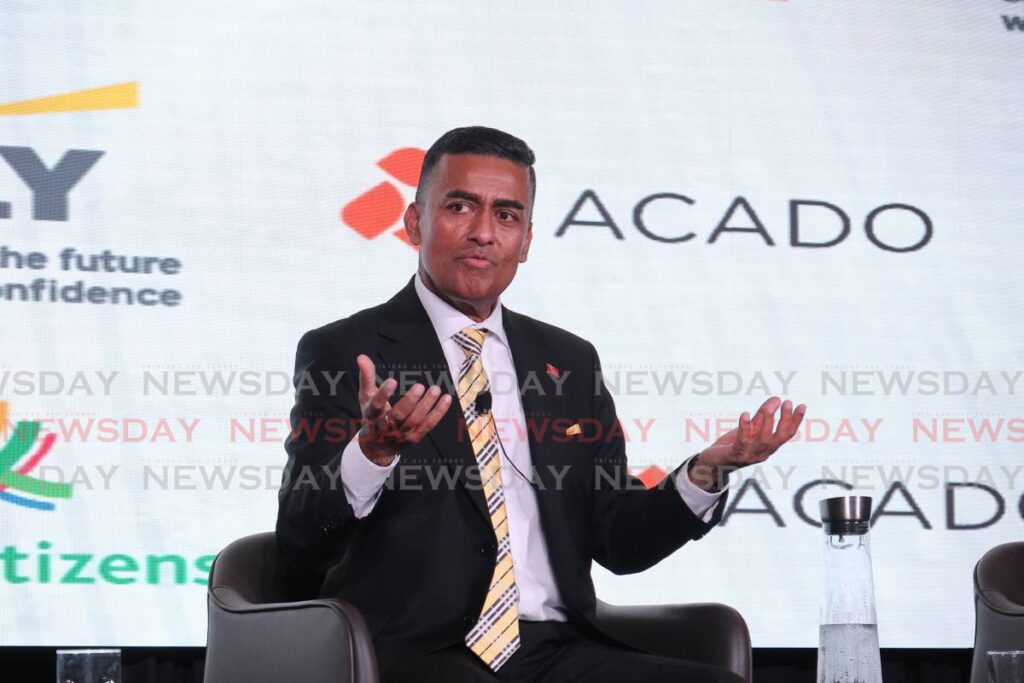The Bankers Association of Trinidad and Tobago (BATT) has adopted a cautious stance regarding the government’s newly proposed 0.25% levy on assets held by banks and insurance companies. Announced by Finance Minister Davendranath Tancoo on October 13, the levy is set to take effect on January 1, 2026, and is projected to generate $575 million annually. Tancoo justified the measure by highlighting the robust financial health of these institutions, citing their sustained earnings, high liquidity ratios, and strong asset base growth, while lamenting the ‘unreasonably high fees and near-zero returns’ faced by average citizens. Prime Minister Kamla Persad-Bissessar assured the public that the government would prevent banks from passing the levy’s cost onto customers, emphasizing her administration’s readiness to address such practices. BATT, in its response, expressed a desire for detailed discussions on the levy’s implementation, seeking exemptions or reduced rates for government securities and inter-bank placements, as well as clarity on its deductibility from corporate income tax. The association stressed the importance of balancing the government’s revenue needs with the stability and growth of the banking sector. Consultant Paul Traboulay noted that similar levies are already in place in Barbados and Jamaica, with Jamaica’s 0.25% levy applying to all assets of insurers, regardless of location. Barbados, meanwhile, imposes a 0.35% levy exclusively on domestic assets held in the national currency. Audit firms PriceWaterhouseCooper (PWC) and Ernst and Young (E&Y) observed that the levy aligns with a growing regional trend of fiscal reform, though PWC warned of potential increases in insurance premiums. Critics, including MP Stuart Young, have raised concerns about the levy’s inflationary impact, predicting that the costs will ultimately be borne by consumers.
